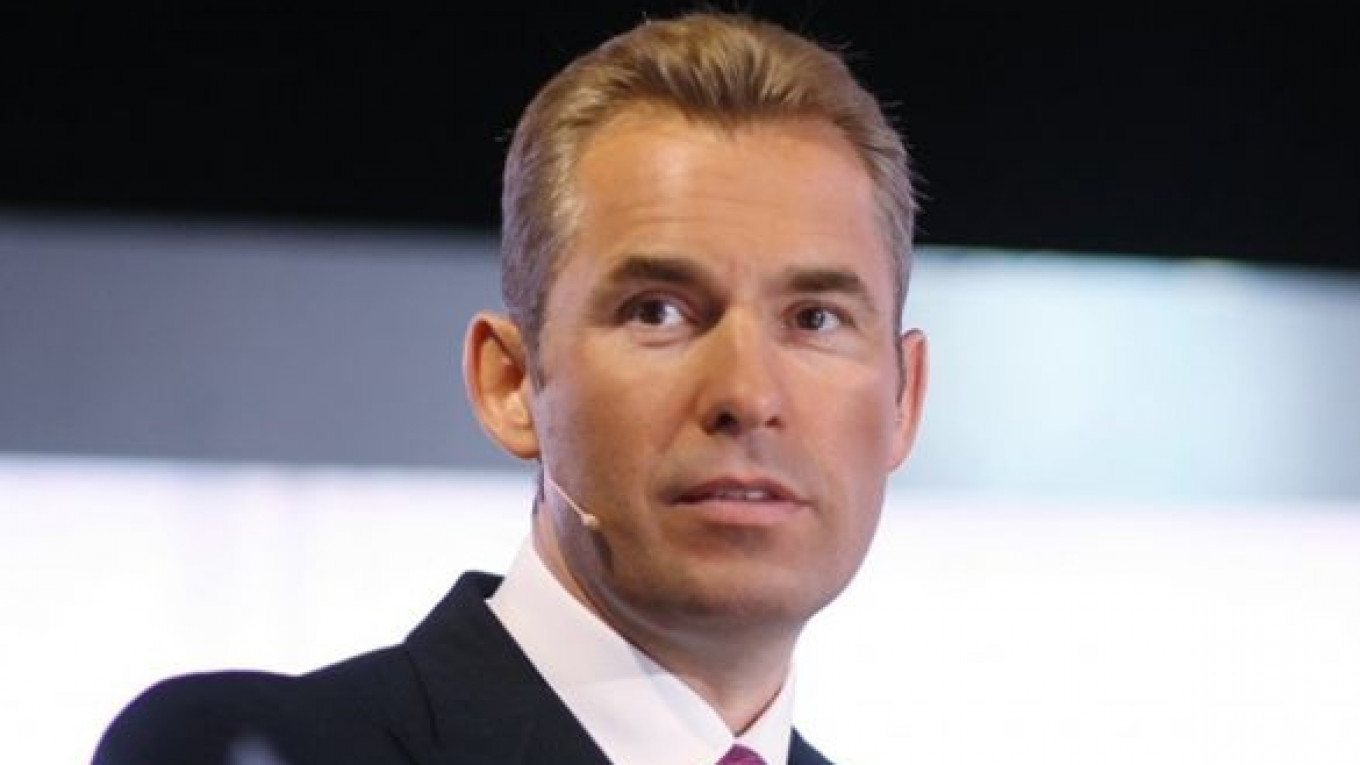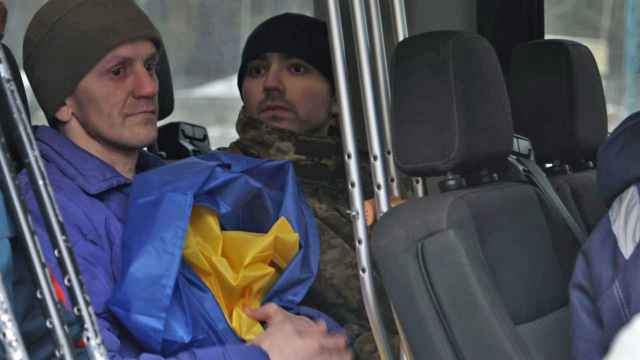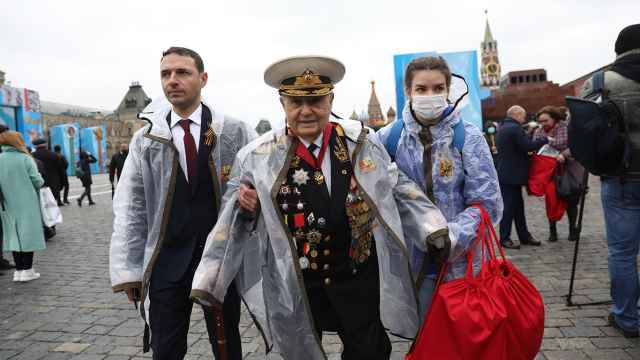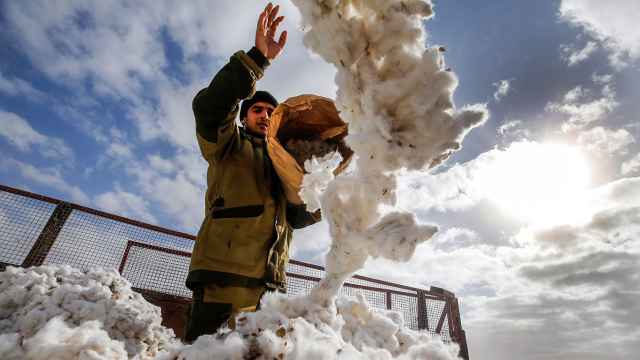Russian officials cranked up their warnings about U.S. child adoptions on Monday as a long-awaited U.S.-Russian agreement neared implementation.
The child adoption agreement, which Moscow demanded after a U.S. mother sent her adopted son back to Russia unaccompanied on a plane in 2010, will come into force on Nov. 1.
The agreement will "promote a safe, ethical and transparent adoption process for prospective adoptive parents, birth families and children," the U.S. State Department said in a statement Thursday.
But a senior Foreign Ministry official and the national children's ombudsman told the State Duma on Monday that they remained worried about the fate of Russian children sent to the United States.
"Often we don't see any help from the U.S.," said Deputy Foreign Minister Sergei Rybakov, according to Interfax. "We are not even informed of child abuse cases. There is no practical assistance with organizing consular appointments."
Children's ombudsman Pavel Astakhov said the adoption business is lucrative for the people involved, with an annual market value of $1.5 billion.
"Those who spread the myths about how good it is for our children in America, what a great future they have, are either involved in this business or people without a clear conscience," he said.
He added that 19 Russian children have died at the hands of their U.S. adoptive parents.
Child adoptions are a hot topic in Russia, where the government cringes at the reality that many Russians would rather leave children in state institutions than take them into their homes. Russian officials have given various figures for the number of children who have died over the past two decades in the U.S., but each instance has sparked major headlines in state-owned media and calls for an end to foreign adoptions.
More than 65,000 Russian children were adopted by American families since 1988, peaking at 5,862 in 2004 but declining to 962 in 2011, according to statistics released by the State Department's adoption website.
While cases of abuse of Russian children in the U.S. receive wide media coverage here, similar crimes committed in Russia often go under the radar. Just Monday, Tula prosecutors promised to look into how a local man was able to adopt five children, even though he had previously been convicted of rape, murder and burglary. The case was referred to local prosecutors after the man's circumstances were reported by local media.
Not all adoption cases look grim, however. Jessica Long, who was born in Bratsk in 1992 and had her legs amputated when she was 18 months old, was adopted by an American family at the age of 1 and became a world record holder in 13 Paralympic events, including five gold medals, in London 2012.
The new U.S.-Russia agreement introduces compulsory background checks and a control mechanism over the well-being of adopted children. Foreign adoption will only be considered in the absence of local adoption prospects.
The "Agreement Between the United States of America and the Russian Federation Regarding Cooperation in Adoption of Children" was signed by U.S. Secretary of State Hillary Clinton and Foreign Minister Sergei Lavrov on July 13, 2011. The Duma approved it on July 10, 2012, and President Vladimir Putin signed it into law on July 28.
Related articles:
A Message from The Moscow Times:
Dear readers,
We are facing unprecedented challenges. Russia's Prosecutor General's Office has designated The Moscow Times as an "undesirable" organization, criminalizing our work and putting our staff at risk of prosecution. This follows our earlier unjust labeling as a "foreign agent."
These actions are direct attempts to silence independent journalism in Russia. The authorities claim our work "discredits the decisions of the Russian leadership." We see things differently: we strive to provide accurate, unbiased reporting on Russia.
We, the journalists of The Moscow Times, refuse to be silenced. But to continue our work, we need your help.
Your support, no matter how small, makes a world of difference. If you can, please support us monthly starting from just $2. It's quick to set up, and every contribution makes a significant impact.
By supporting The Moscow Times, you're defending open, independent journalism in the face of repression. Thank you for standing with us.
Remind me later.






